Mental Health and Disability: Overcoming Challenges and Promoting Inclusion
Hey there, my young and amazing friends! It’s your mental health buddy, Nita Sharda, here to talk about a topic that’s really close to my heart – mental health and disability, and how we can work together to overcome challenges and promote inclusion for all.
Now, I know that the word “disability” can feel a little scary or confusing sometimes, especially if it’s not something we talk about a lot. But the truth is, disability is just another part of the beautiful diversity of the human experience, and it’s something that many people live with every day.
And when it comes to mental health and disability, there can be some unique challenges and barriers that people face. But there are also so many incredible stories of resilience, creativity, and community that show us what’s possible when we come together with empathy and understanding.
So today, we’re going to explore the intersection of mental health and disability, and think about how we can create a world where everyone feels valued, supported, and included, no matter what challenges they may face.
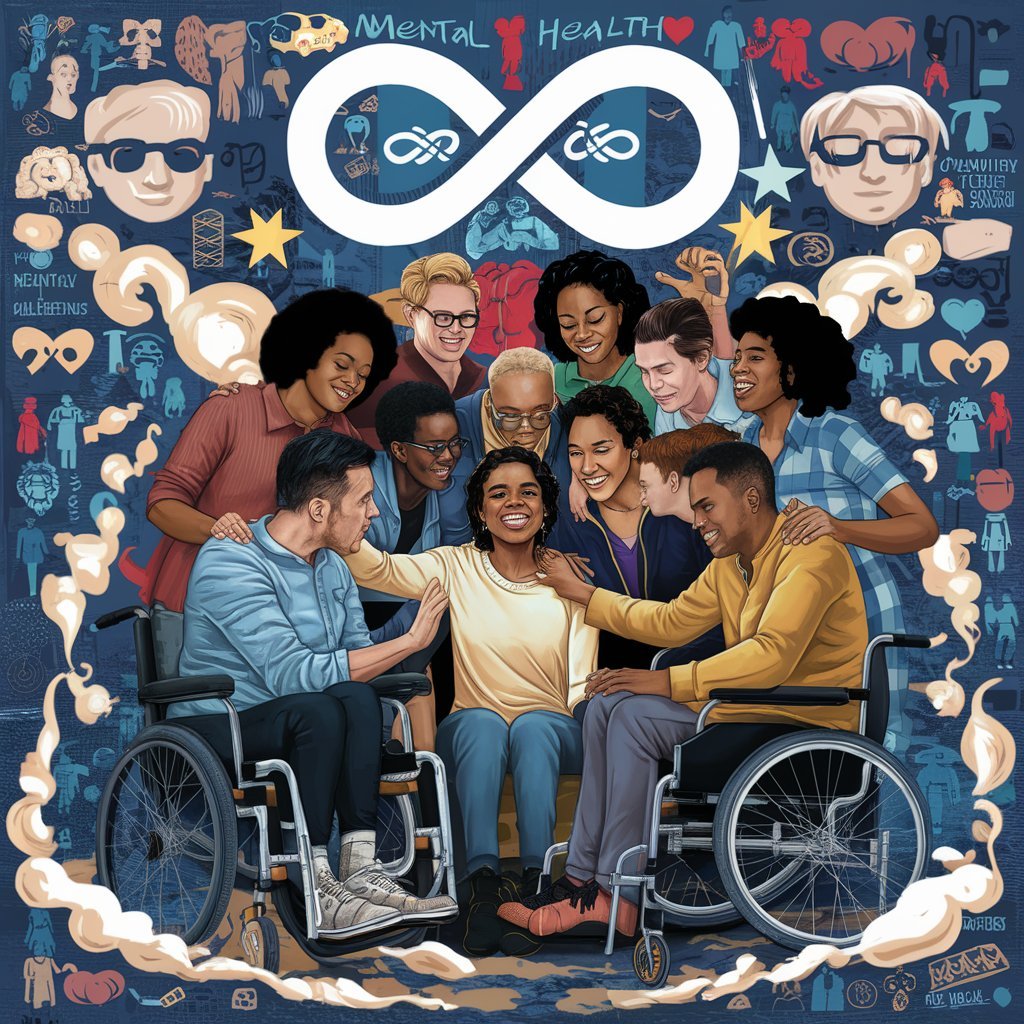
Understanding Mental Health and Disability
First, let’s break down what we mean by mental health and disability.
Mental health refers to our emotional, psychological, and social well-being. It’s about how we think, feel, and behave, and how we cope with the ups and downs of life.
Disability, on the other hand, is a term that describes any condition or impairment that affects a person’s ability to participate fully in society. This can include physical disabilities, sensory disabilities (like blindness or deafness), intellectual or developmental disabilities, and mental health disabilities.
Mental health disabilities are conditions that significantly impact a person’s thinking, emotions, and behaviors, and can make it harder for them to function in daily life. Some common examples include:
- Depression
- Anxiety disorders
- Bipolar disorder
- Schizophrenia
- Post-traumatic stress disorder (PTSD)
It’s important to remember that mental health disabilities are real and valid, just like physical disabilities. They can have a big impact on a person’s life, but they don’t define who they are or what they’re capable of.
Challenges Faced by People with Mental Health Disabilities
So, what are some of the unique challenges that people with mental health disabilities may face? Here are a few key ones:
Stigma and Discrimination
One of the biggest challenges is the stigma and discrimination that still surrounds mental health and disability.
People with mental health disabilities may face negative stereotypes or assumptions about their abilities or character. They may be seen as “crazy,” “dangerous,” or “weak,” even though these labels are hurtful and untrue.
This stigma can make it harder for people to seek help or support, and can lead to social isolation and exclusion.
Lack of Access to Services and Support
Another challenge is the lack of access to mental health services and support, especially for people with disabilities.
Many people with mental health disabilities may struggle to find affordable, accessible, and culturally competent care. They may face barriers like long wait times, high costs, or lack of transportation.
This lack of access can make it harder for people to get the help they need to manage their mental health and thrive in their daily lives.
Intersectionality and Multiple Marginalizations
For people with mental health disabilities who also face other forms of marginalization – like racism, sexism, homophobia, or poverty – the challenges can be even greater.
These intersecting identities can create unique barriers and stressors that impact mental health and well-being. For example, a person of color with a mental health disability may face discrimination in both the mental health system and the broader society.
It’s important to recognize and address these multiple marginalizations in order to create truly inclusive and equitable support systems.
Promoting Inclusion and Empowerment
So, what can we do to promote inclusion and empowerment for people with mental health disabilities? Here are a few key strategies:
Challenging Stigma and Stereotypes
One of the most important things we can do is to challenge the stigma and stereotypes that surround mental health and disability.
This means educating ourselves and others about the realities of mental health disabilities, and speaking out against hurtful or inaccurate representations in media and society.
It also means being mindful of our own language and attitudes, and making sure that we’re not perpetuating stigma or discrimination in our own lives.
Advocating for Access and Equity
Another key strategy is to advocate for better access and equity in mental health services and support systems.
This might include things like:
- Pushing for more funding and resources for mental health programs and services
- Working to make services more affordable, accessible, and culturally responsive
- Advocating for policies that protect the rights and dignity of people with disabilities
- Supporting grassroots organizations and movements led by people with lived experience of mental health disabilities
By working together to create more just and equitable systems, we can help ensure that everyone has the support they need to thrive.
Celebrating Diversity and Resilience
Finally, it’s important to celebrate the diversity and resilience of people with mental health disabilities, and to amplify their voices and experiences.
This means seeking out and listening to the stories and perspectives of people with lived experience, and recognizing the incredible strengths and contributions they bring to our communities.
It also means creating inclusive and accessible spaces where people with mental health disabilities can come together, share their experiences, and build community and solidarity.
By celebrating diversity and resilience, we can help create a world where everyone feels valued, supported, and empowered to be their full selves.
A Message of Hope and Empowerment
Before we wrap up, I want to leave you with a message of hope and empowerment, my young friends.
If you or someone you know is living with a mental health disability, know that you are not alone, and that there is always hope and support available.
It’s okay to struggle sometimes, and it’s okay to ask for help when you need it. Your mental health is just as important as your physical health, and you deserve to have access to the care and support that you need to thrive.
Remember, your disability does not define you. You are so much more than any label or diagnosis – you are a whole, complex, and amazing person with your own unique strengths, talents, and experiences.
And know that you have the power to make a difference in the world, just by being yourself and standing up for what you believe in. Every time you speak out against stigma, or advocate for inclusion, or share your own story with courage and vulnerability – you are helping to create a better world for all of us.
So keep shining your light, my young friends, and never forget how incredible and resilient you are. Together, we can create a world where everyone feels valued, supported, and empowered to be their full, authentic selves.




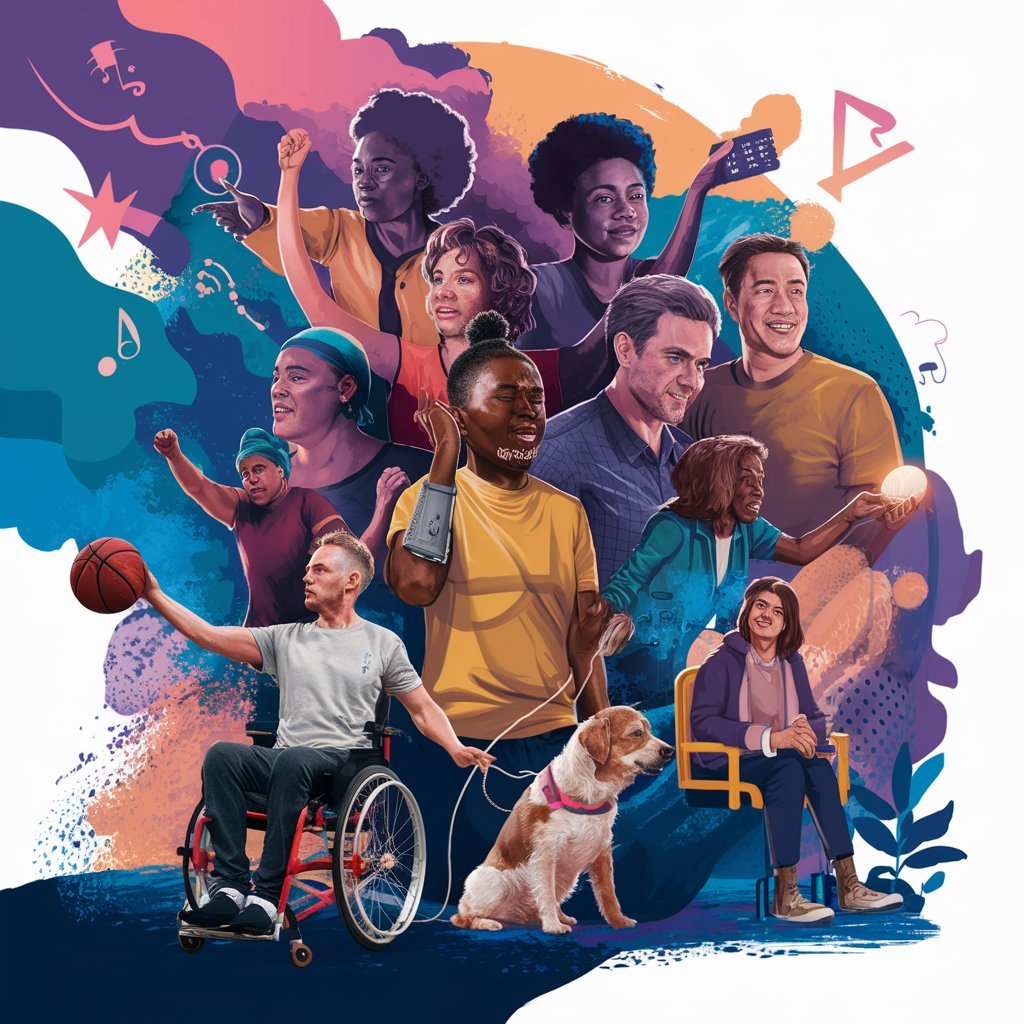
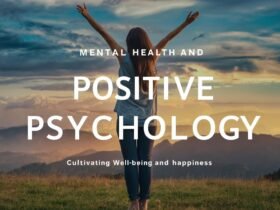



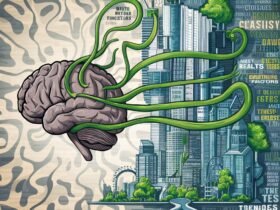
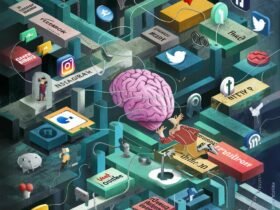
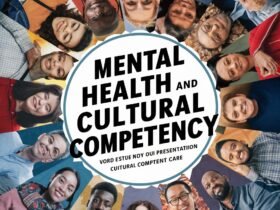
Leave a Reply